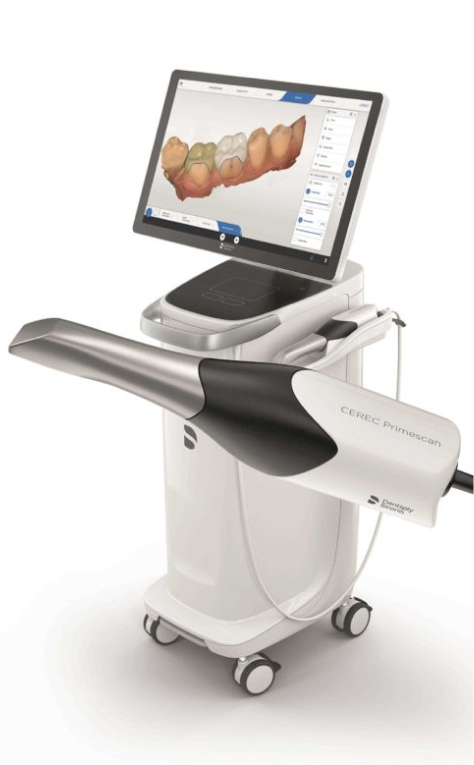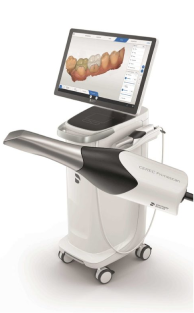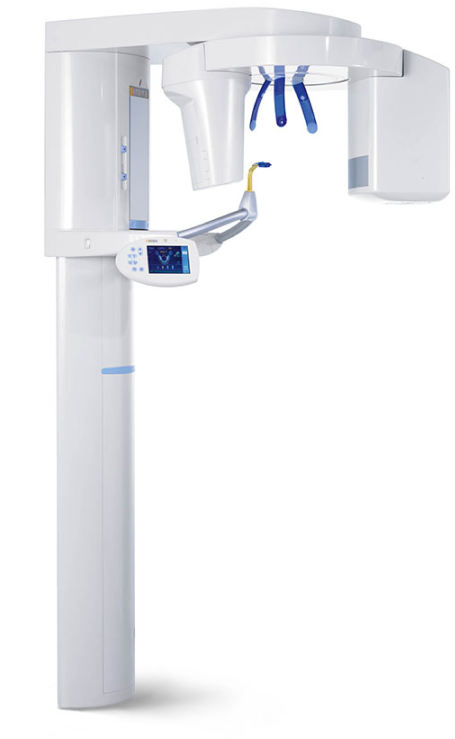How To Protect Teeth From Sports Injuries
Jul 01, 2022Fantastic news; after a long break from many team sporting activities, they are back in full swing! We all missed the practices, games, and team events that provided many great life lessons and memories.
Unfortunately, injuries are part of the deal when you sign up to play sports. Fortunately, there are some things you can do to lessen the likelihood and severity of injury during play.
Teeth are sometimes overlooked as a potential site of sports injury, and any trauma to the face puts your smile at risk. Many players have had their teeth damaged and even knocked out during practice or a game. The pop fly ball that gets past your glove or the head of another player that makes an impact with your mouth are just a couple of scenarios that can end in a dental emergency.
Any contact sport warrants investment in a mouthguard. Your first and the best defense is a custom-made mouthguard. Prevention is a much better alternative to trying to salvage a knocked-out tooth or making an emergency room visit for stitches to sew back together the inside of your cheek. Mouthguards are even more critical to use if you have traditional metal braces; braces can wreak havoc on your gums and cheeks when your mouth is left unprotected.
Dental injuries are expensive and traumatizing and can put a player on the sidelines for the rest of the season. The American Dental Association states one-third of all dental injuries are sports-related. Mouthguards could prevent 200,000 dental injuries a year.
When should a mouthguard be worn?
Some players make the mistake of only using their mouthguard during the game when they should be using it during practice and training as well. After all, injuries are accidents, and there is no predicting when an accident will happen; better to be prepared than sidelined by an injury.
Why wear a mouthguard?
Wearing a custom mouthguard is the best way to protect your teeth and jaw from injuries. They prevent tooth chipping from contacting hard objects like bats, baseballs, and hockey sticks. Mouthguards provide a cushion to protect your tongue, cheeks, and lips from any impact. A well-fitting mouthguard will feel snug and comfortable and allow you to breathe and talk normally. They should be easy to clean, resist tears and be durable.
What are the different types of mouthguards available?
Stock Mouthguards At most pharmacies, you can find ready-made, one-size-fits-all, known as stock mouthguards. Stock mouthguards are the least expensive type available, but their poor fit makes them less protective; they tend to be bulky and can make breathing more difficult.
Boil and Bite Mouthguards
Boil and bite mouthguards are similar to stock mouthguards, but the thermoplastic material used is softer and made malleable by placing it in boiling water to get a better fit. These mouthguards are a step up from stock mouthguards because they offer slightly better protection. However, the thermoplastic material is not as strong or durable as the custom mouthguard made by your dentist.
Custom Made Mouthguards
Fabricated by your dentist, custom-made mouthguards are the most recommended because of their superior fit, protection, and durability. A comfortable mouthguard is more likely to be worn constantly, and no mouthguard can protect you if it is not worn.
To achieve the perfect fit, the dentist takes an impression of your teeth and sends it to a dental lab where your mouthguard is made to fit you and only you. You can even customize the color of the mouthguard! The investment of a custom mouthguard is much less expensive than fixing broken teeth; it may save you a significant amount of money and distress!
How To Care For Mouthguards
Whatever type of mouthguard you choose, keeping it clean is critical. A dirty mouthguard can pose a serious health risk, and many types of bacteria and mold can grow on an improperly cleaned mouthguard. These are linked to exercise-induced asthma and severe infections. You must clean the mouthguard after each use to avoid contamination.
Here are some tips on taking care of your mouthguard.
Rinse the mouthguard in cool water immediately after use. After rinsing, store it in its container in a cool place; heat can cause it to warp.
As soon as possible, brush the mouthguard with a soft bristle toothbrush and toothpaste, and then wash it with soap and water. Keep the mouthguard in a dry environment with ventilation to prevent the growth of bacteria.
Check your mouthguard often for signs of wear and tear.
Take the mouthguard with you to your dental visits. The dentist can inspect it more thoroughly and give it a professional cleaning.
Call Smile Tampa today to schedule an appointment to get your very own custom mouthguard. We are happy to answer any questions and ensure you get the full benefit of a properly fitted, custom-made mouthguard.








